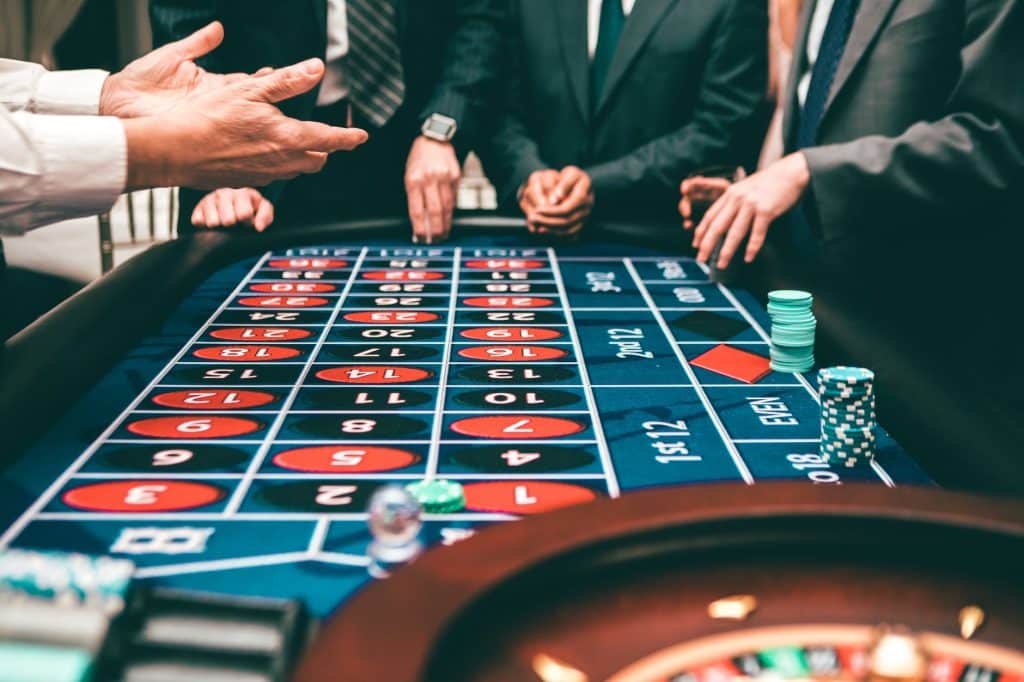Trading vs Gambling: Is Trading Forex Like Gambling?

In the world of finance, the line between trading vs gambling can seem razor-thin, especially when discussing areas like Forex trading. To some, the foreign exchange market is a platform for sound investment, while others see it as a high-stakes casino. But are they the same? Let’s delve deeper into the concept of Forex trading, comparing it to gambling, and evaluate whether they are the same or not.
Understanding Forex Trading
Forex trading involves buying and selling different currencies based on predictions of how their value will change. It operates 24 hours a day and boasts the largest market liquidity globally. Traders, both institutional and individual, aim to profit from these currency fluctuations.
Understanding Gambling
On the other hand, gambling involves staking money on an event with an uncertain outcome, hoping to earn more. The gambler relies heavily on chance, and the house always has a statistical advantage.
Forex Trading Vs Gambling?
At first glance, it might appear that Forex trading and gambling share similarities. Both involve risk, uncertainty, and the potential for reward. However, the two activities are fundamentally different in several ways.
- Skill vs Chance: In gambling, chance plays a significant role. The outcome is often beyond the control of the participants. Conversely, Forex trading is influenced significantly by skill, knowledge, and strategy. Traders analyze global economic indicators, political news, and market sentiment to make informed decisions.
- Risk Management: Forex traders employ risk management tactics to minimize potential losses, such as stop-loss orders or hedging strategies. They also diversify their portfolio to spread risk. In contrast, traditional gambling is often “all or nothing,” with little room for managing risk or mitigating losses.
- Profit Expectancy: In gambling, the odds are usually stacked against the player. However, Forex traders can have a positive profit expectancy over time, provided they make informed decisions and have a robust trading strategy.
- Regulation: Forex trading is heavily regulated, with various checks and balances in place to protect traders. On the contrary, while gambling is regulated in many jurisdictions, it lacks the same level of international oversight and regulation as Forex trading.
In conclusion, while Forex trading vs gambling share superficial similarities — risk, reward, and uncertainty — they are fundamentally different. Forex trading is a strategic activity that involves skill, knowledge, and careful risk management. On the other hand, gambling is primarily a game of chance with a significant risk component.
Trading Forex successfully requires time, dedication, and a deep understanding of global markets. It’s not a platform for quick, easy wins, and those who treat it as such may find themselves facing more losses than gains. Therefore, despite the risks involved, Forex trading, when done right, is investing, not gambling.

